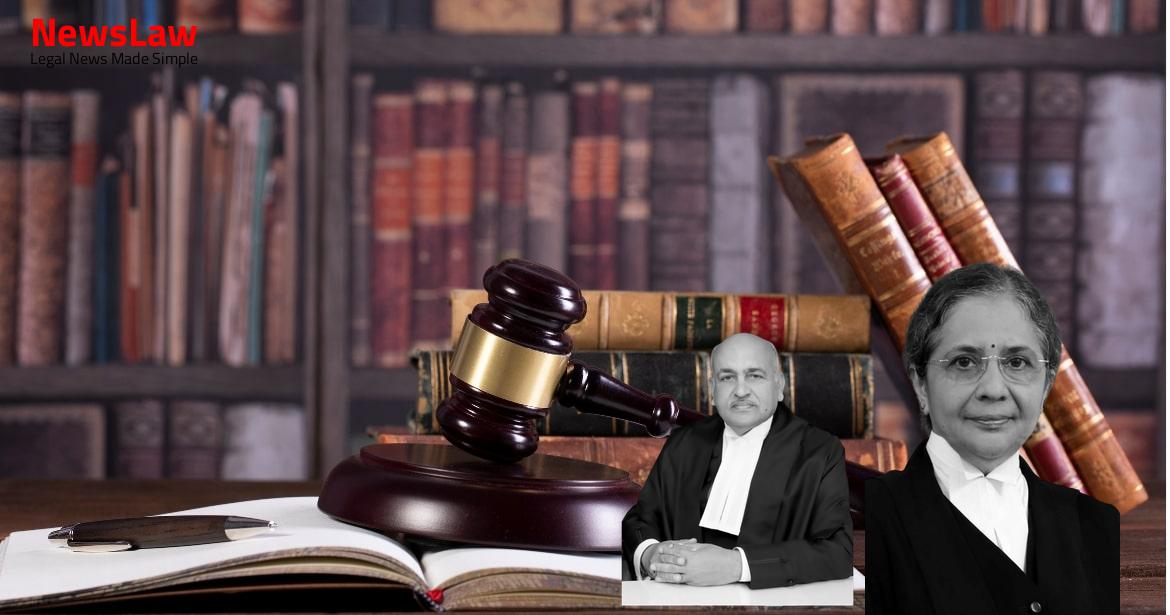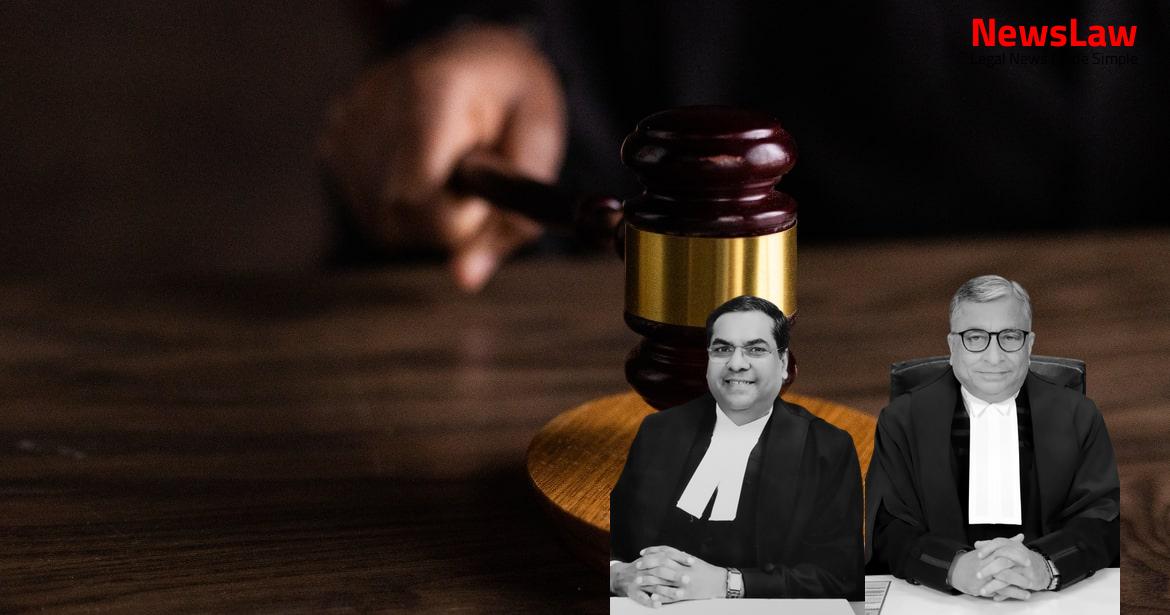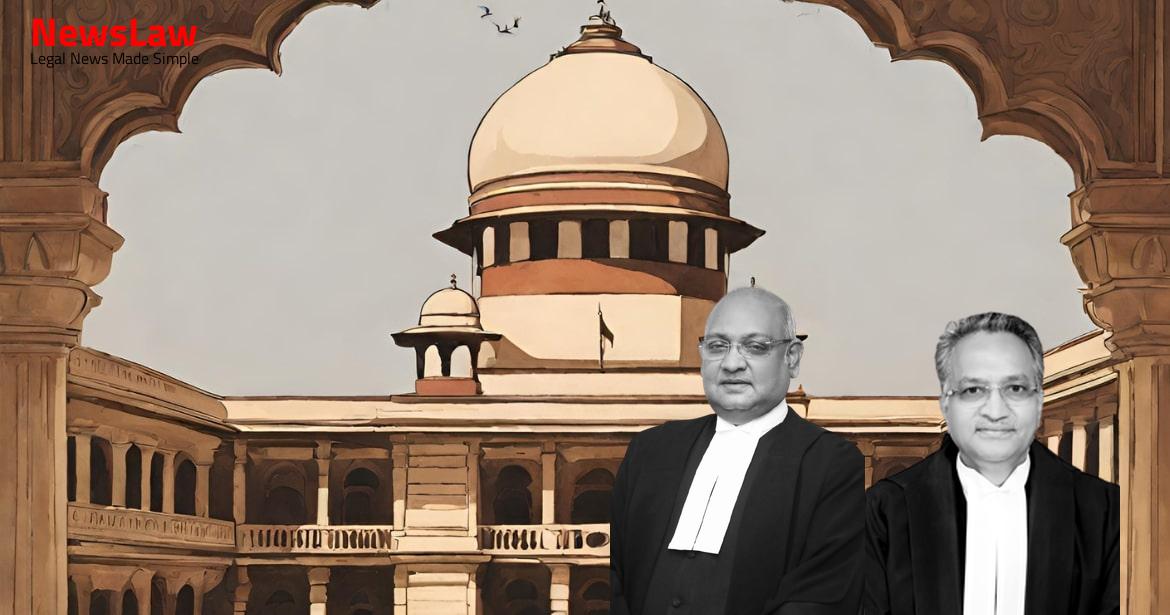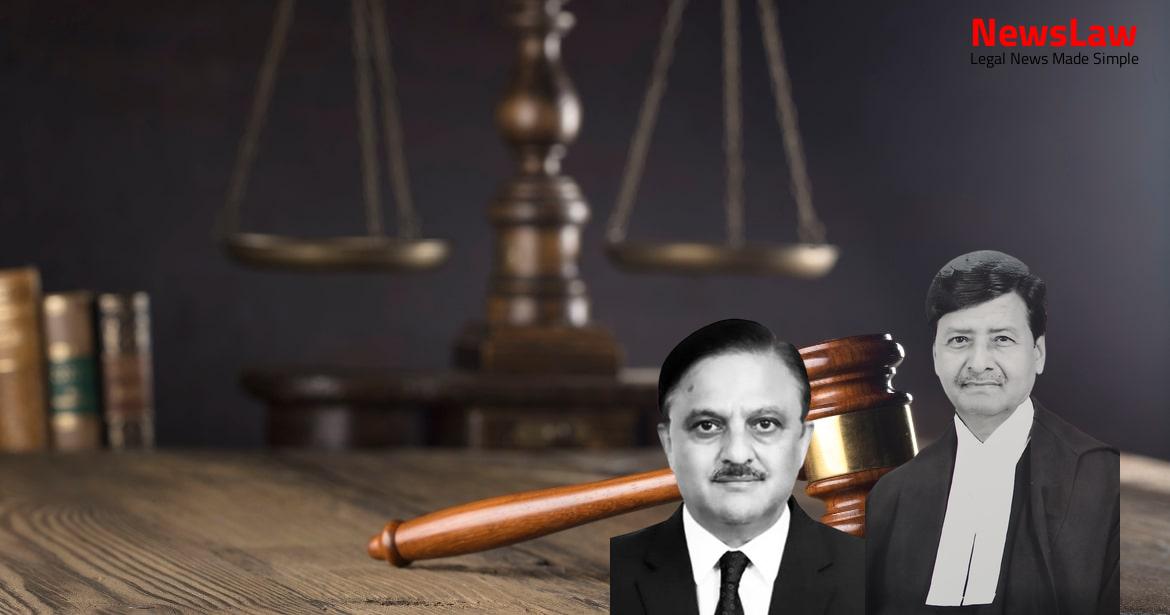In a pivotal legal battle, the Supreme Court of India recently pronounced a judgement in the case involving the National Investigation Agency and Popular Front of India. The Court’s decision on the bail applications of the respondents has far-reaching consequences in the realm of counter-terrorism efforts. This case delves into the intricate details of the UAPA and the serious allegations against the accused individuals. The judgement marks a crucial moment in the pursuit of justice and security in the nation.
Facts
- The Central Government received credible information about the extremist activities of Popular Front of India (PFI) in Tamil Nadu.
- PFI and its frontal organizations were suspected of committing terrorist acts, raising funds for terrorism, and recruiting members for their extremist ideology.
- The Central Government directed the National Investigation Agency (NIA) to investigate the case under the NIA Act.
- The NIA registered an FIR against the PFI members for various offences under IPC and UAPA.
- The chargesheet was filed by NIA against the accused, including the present respondents, for multiple offences.
- Bail applications filed by the respondents were dismissed by the Special Court considering the prima facie case against them.
- The respondents-accused were arrested during the investigation for the alleged offences.
- Some of the respondents-accused filed bail applications seeking interim relief, which were also dismissed.
- The High Court considered submissions from both parties and materials including the Chargesheet.
- The Appeals were allowed by the High Court in a common order dated 19.10.2023.
- The respondents were released on bail with specified conditions mentioned in the order.
Also Read: D.K. Gandhi vs. The Advocates in Consumer Protection Case
Arguments
- Mr. Nair heavily relied on statements of protected witnesses/listed witnesses to show the role and involvement of each respondent in alleged offences under IPC and UAPA.
- Mr. Nair argued that the witnesses were not involved in unlawful activities during their time with PFI and their statements can be relied upon until rebutted or contradicted.
- The appeal cannot be treated as Second Petition as argued by the respondents’ counsels.
- Mr. Nair criticized the High Court for not considering the overt acts and alleged offences committed by the respondents as stated by listed witnesses/protected witnesses.
- Preliminary objection raised by respondents’ counsels regarding mentioning of SLP (Crl.) No.9384/2023 against co-accused for bail cancellation under Order XXII, Rule 2(3) of Supreme Court Rules, 2013.
- Advocate for the appellant, Mr. Rajat Nair, emphasized that the High Court misunderstood Section 18 with the definition of terrorist act under Section 15 of UAPA while releasing the respondents on bail.
- The High Court is criticized for trivializing the serious allegations against the respondents.
- The Appellant argues that the respondents were involved in activities related to the preparation of terrorist acts.
- Reference is made to the application of Section 43(D) of UAPA from the time of FIR registration until trial conclusion.
- The impugned order is termed as perverse for allegedly not appreciating the prima facie case against the respondents.
- The defense argues against relying on statements made by protected/listed witnesses who were allegedly involved in the offenses.
- The defense challenges the lack of material showing preparatory work by the respondents to support the case against them.
- Emphasis is placed on the High Court’s detailed consideration of evidence, which led to the release of the respondents on bail.
Also Read: High Court Appeal: Custody of Vehicle in Gujarat Prohibition Case
Analysis
- Section 43D of the UAPA mandates that no person accused of an offense punishable under Chapters IV and VI of the Act shall be released on bail unless the Public Prosecutor has been given an opportunity to be heard.
- The accused person cannot be released on bail if the court finds reasonable grounds to believe that the accusation against them is prima facie true.
- Certain offenses like organizing terrorist camps and recruiting individuals for terrorist acts fall under Chapter IV of the UAPA.
- Offenses like membership of a terrorist organization and providing support to a terrorist organization are covered under Chapter VI of the UAPA.
- The court must dismiss a second petition if it finds that the petitioner did not disclose the filing of a similar petition earlier and its dismissal.
- Section 18 of the UAPA specifies the punishment for conspiracy, attempting, or facilitating the commission of a terrorist act.
- Courts are to record a finding on broad probabilities of the involvement of the accused in the offence.
- The Court should form an opinion based on the totality of the material gathered by the investigating agency.
- The chargesheet need not contain detailed analysis of evidence, but the Court must rely on the contents of the document.
- The Court must consider all the material as a whole, not piece by piece, and must not discard any material at the bail stage based on reliability or admissibility.
- The findings of the High Court were deemed perverse as they did not consider the lawful provisions of the UAPA and the implications of the accusations against the accused.
- The High Court’s failure to comprehend the correct interpretation of Section 18 and the definition of terrorist acts according to UAPA was highlighted as a significant error.
- The chargesheet detailed the organizational structure, objectives, and activities of the PFI, implicating the accused in roles within the organization.
- The evidence collected by the Investigating Agency, including protected witnesses’ statements, is to be accepted as prima facie complicit of the accused until rebutted.
- The Court should avoid detailed evaluation of evidence but rather focus on forming a presumptive opinion based on factual ingredients.
- High Courts are cautioned against making perversely incorrect findings, especially when not considering the import of UAPA provisions and the charges detailed in the chargesheet.
- High Court has consistently followed the ratio of previous judgments in granting bail.
- Court must consider the document and take it into account in determining bail.
- Court should balance civil liberties of the accused, human rights of victims, and state’s interests in counter-terrorism enactments.
- Guidelines for bail applications under UAP Act and CrPC based on binding precedents.
- Degree of satisfaction for ‘prima facie true’ accusation is lighter than ‘not guilty’ in other special enactments.
- Court should assess material and evidence to determine if accusation is prima facie true.
- Court should rely on broad probabilities to assess the involvement of accused in alleged offenses.
- Constitutional court can grant bail in exceptional circumstances despite prohibitions in 1967 Act.
- Instant appeals involve accused in custody for a relatively shorter period compared to precedents.
- High Court should not delve into examining the merits and demerits of evidence while considering bail applications.
- The UAPA was enacted to effectively prevent unlawful activities and deal with terrorist activities in India.
- The act imposes reasonable restrictions on civil liberties in the interest of India’s sovereignty and integrity.
- National security is considered paramount, and any act supporting terrorist activities can be restricted.
- It is essential to prevent any form of aid, whether violent or non-violent, to terrorist acts.
Also Read: Level 9 BIZ Pvt. Ltd. v. HIMUDA Legal Case Summary
Decision
- The respondents must surrender themselves before the appellant-NIA
- The appeals have been allowed
- The Special Court should proceed with the trial expeditiously and in accordance with the law
- The Special Court should not be influenced by any observations made by the Court in this order
- The High Court’s order is set aside
Case Title: UNION OF INDIA Vs. BARAKATHULLAH (2024 INSC 452)
Case Number: Crl.A. No.-002715-002719 – 2024



